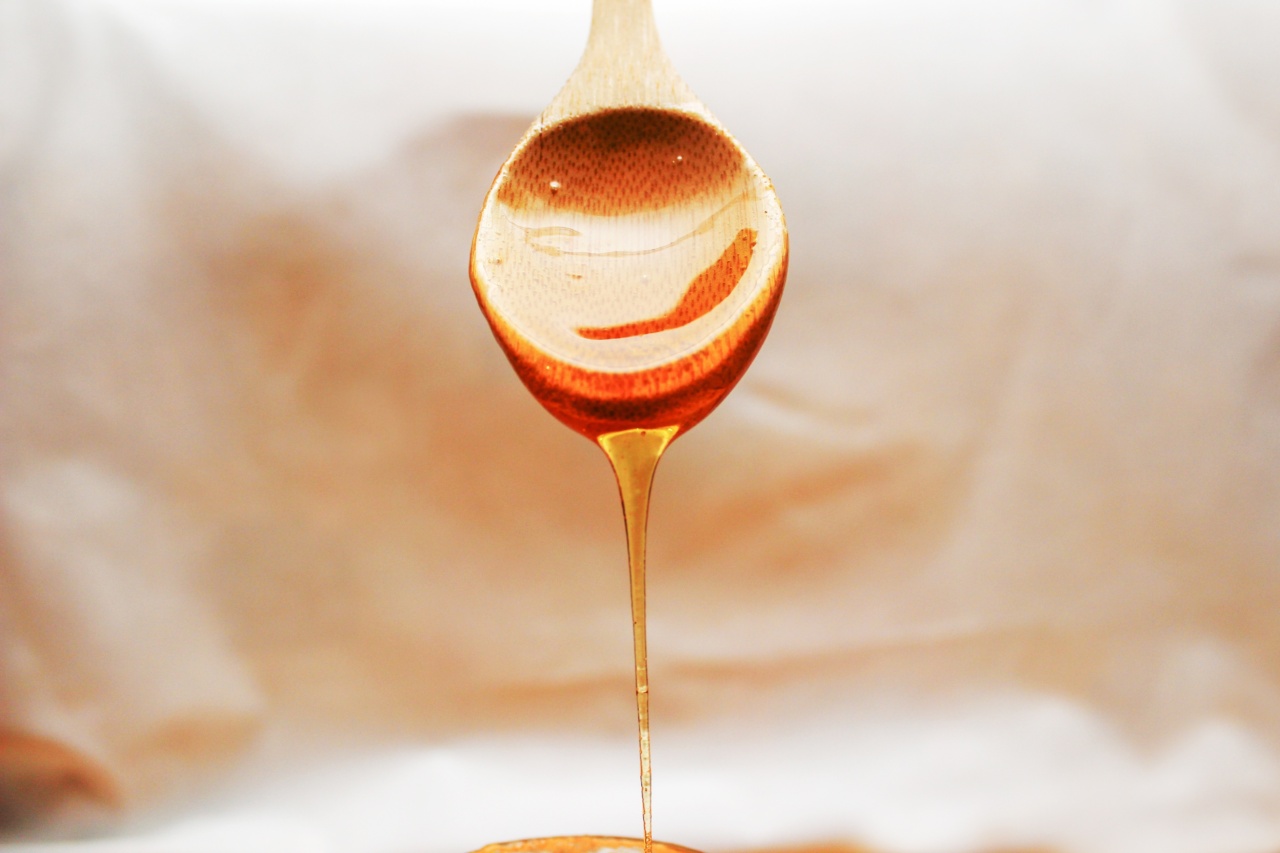Honey is a natural sweetener that has been enjoyed by humans for thousands of years; it has been used as a natural remedy for various ailments, as well as a delicious addition to food.
However, with the discovery of Manuka honey, traditional honey is not the only option anymore. Manuka honey, which is native to New Zealand, has gained popularity in recent years for its alleged health benefits. The question is, is Manuka honey actually superior to traditional honey?.
What Is Manuka Honey?
Manuka honey is made from the nectar of the Manuka tree, which is native to New Zealand. The bees pollinate the Manuka blossoms, and the resulting honey is highly sought after due to its unique flavor and alleged health benefits.
Manuka honey is thicker and darker than traditional honey and has a distinctively earthy taste. Its antibacterial properties are attributed to a compound called methylglyoxal (MGO), which is found in high concentrations in Manuka honey.
Traditional Honey
Traditional honey is made from the nectar of various flowers, and the flavor and health benefits depend on the types of flowers the bees have visited.
It is less potent than Manuka honey when it comes to its antibacterial properties, as it contains lower levels of MGO. Traditional honey has been used for medicinal purposes for centuries and is also believed to have antioxidant and anti-inflammatory properties.
It is also a common ingredient in many cultures’ traditional remedies, and it’s used for its perceived immune-strengthening effects.
Clinical Evidence
The antibacterial properties of Manuka honey have been scientifically studied, and several clinical studies have found that it is effective in fighting off harmful bacteria.
One study published in the Journal of Applied Microbiology found that Manuka honey could significantly reduce the growth of a range of bacteria, including Streptococcus pyogenes and Staphylococcus aureus, both of which can cause serious infections. Another study published in Peer J, showed that Manuka honey could prevent the growth of Clostridium difficile, a bacteria known for causing antibiotic-associated diarrhea, and also helped in curing the infection.
By contrast, similar studies have shown that traditional honey is less effective in fighting off certain bacterial strains.
Uses of Manuka Honey
Manuka honey is available in various forms, including raw, pasteurized, and in supplements. Raw Manuka honey is the most potent; it is unprocessed and retains all of its natural enzymes. Some of the uses of Manuka honey include:.
Wound Healing
Manuka honey has been proven to promote wound healing due to its ability to reduce inflammation and fight off harmful bacteria. It has been used to treat minor wounds, burns, and even surgical wounds.
According to a clinical study published in the Journal of Clinical Nursing, Manuka honey was shown to have potent healing properties in various hard-to-heal wounds.
Sore Throat Relief
Manuka honey has also been shown to have potent effects on sore throats. A study published in the Journal of Leukocyte Biology found that Manuka honey could reduce inflammation in the throat, resulting in less pain and discomfort for sufferers.
The antibacterial properties of Manuka honey also help in fighting off bacteria that cause sore throat.
Gastrointestinal Problems
Manuka honey has been used to treat various gastrointestinal problems, including acid reflux, indigestion, and ulcers, thanks to its antibacterial and anti-inflammatory properties.
A clinical study published in the Journal of the Royal Society of Medicine found Manuka honey was successful in eliminating Helicobacter pylori (H. pylori), which is a bacterium that causes stomach ulcers and gastrointestinal problems.
Anti-Inflammatory Properties
Several studies have shown that Manuka honey has potent anti-inflammatory effects; it reduces inflammation and swelling, which is common in various diseases such as arthritis and inflammatory bowel disease.
A study published in the European Journal of Clinical Nutrition found that Manuka honey was effective in reducing inflammation in patients who had ulcerative colitis.
Which Is Better?: Traditional Honey Vs. Manuka Honey
Both traditional honey and Manuka honey have their unique characteristics and properties.
However, Manuka honey has been studied more extensively and is believed to be more potent due to its high concentrations of MGO, a compound that traditional honey does not have. Although traditional honey has various health benefits, it does not match the potency of Manuka honey. So, if you are looking for the most potent version of honey, Manuka honey is the clear winner.
Conclusion
Manuka honey has gained popularity in recent years for its health benefits, and for a good reason. Its potent antibacterial and anti-inflammatory properties have been scientifically studied and proven.
Although traditional honey is also beneficial and has been used for its medicinal properties for centuries, it cannot match the potency of Manuka honey. However, it is important to note that not all Manuka honey products are made equal; make sure to choose a product with a high MGO rating to reap the maximum benefits.































